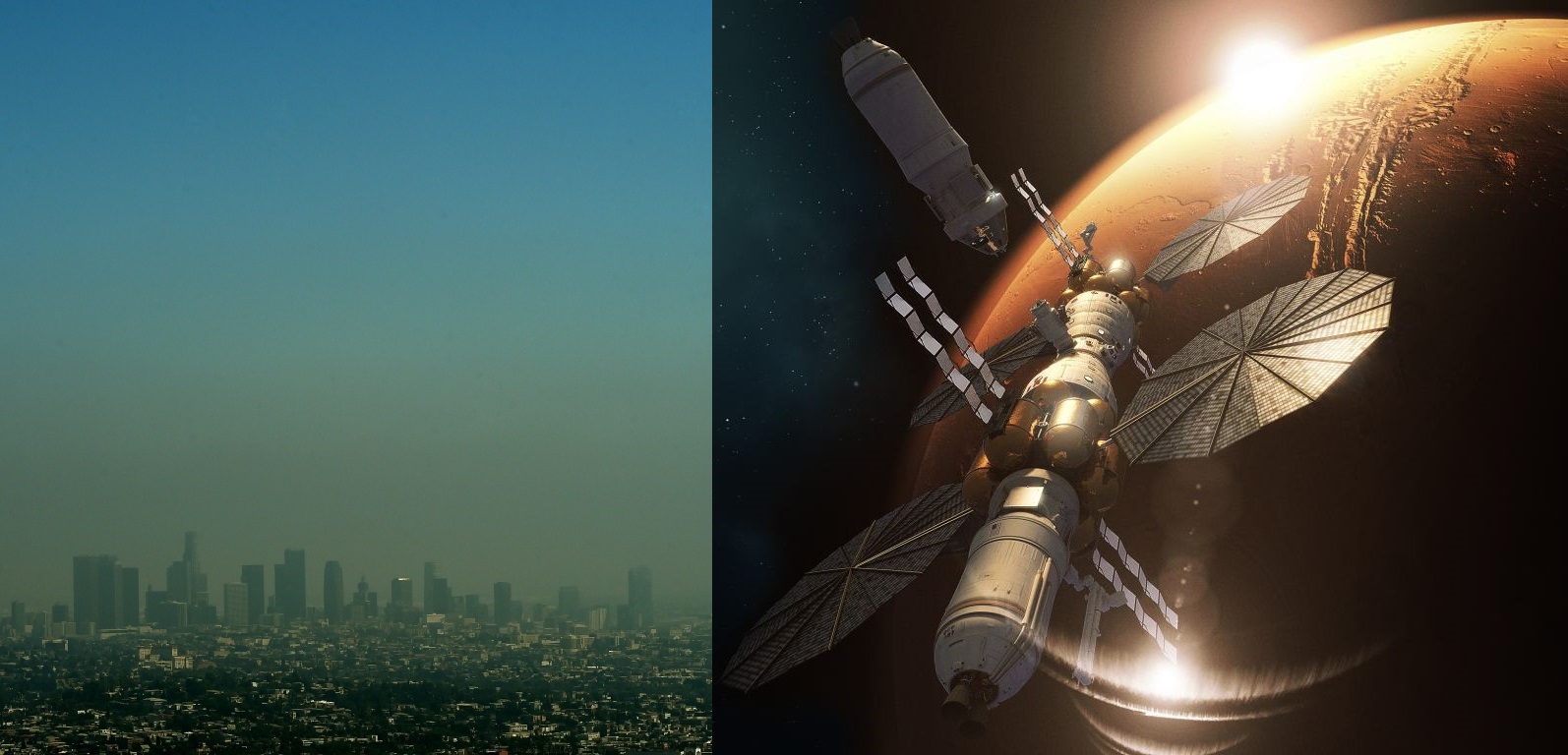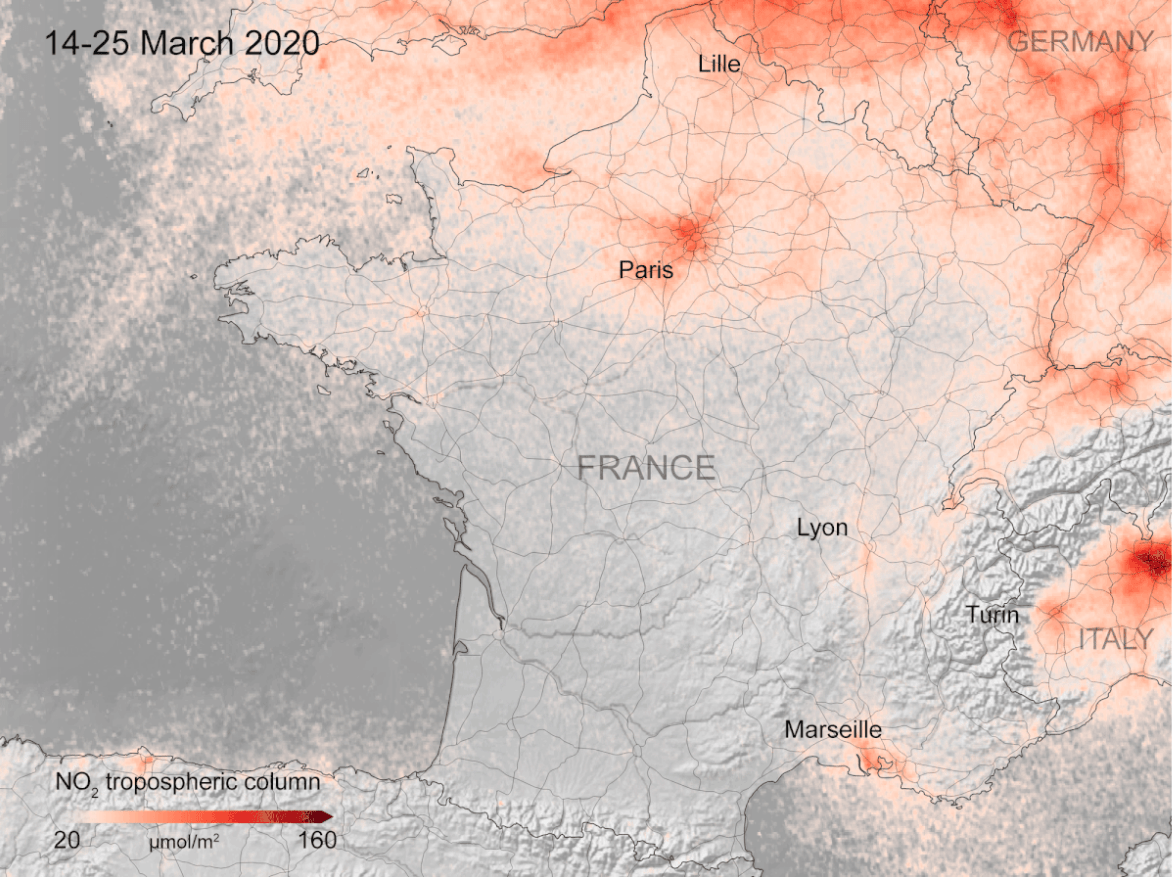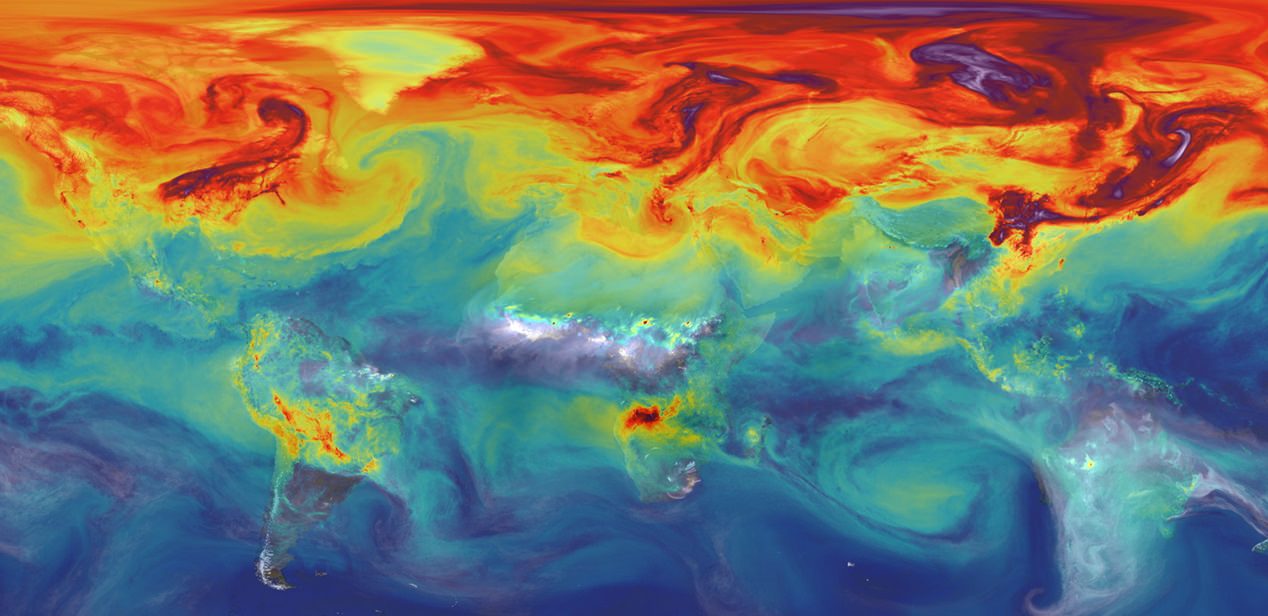In the coming years, NASA will be making the long-awaited return to the Moon, where they will be joined by multiple space agencies and commercial partners. This will be followed by NASA and China sending the first crewed missions to Mars and other locations in deep space in the next decade. This presents numerous challenges, not the least of which involves providing for astronauts’ basic needs while in flight. In keeping with Dr. Sian Proctor’s motto, “solving for space solves for Earth,” dedicated to addressing air-quality problems and Climate Change here at home.
To help NASA address these problems, the leading crowdsourcing platform HeroX has launched two new incentive challenges. First, there’s the “Waste to Base Materials Challenge: Sustainable Reprocessing in Space,” which seeks innovative solutions for what to do about all the waste that’s generated during long-duration spaceflights. (human and otherwise). Second, there’s the “NASA Air-athon Challenge,” which is looking to foster high-resolution air quality information to improve public health and safety.
Continue reading “NASA and HeroX Want to Convert Waste in Space and Monitor Air-Quality Here on Earth”


